Expansion of Smart City Initiatives
The rise of smart city initiatives across the US is significantly influencing the led drivers market. These initiatives aim to enhance urban living through the integration of advanced technologies, including smart lighting systems. The US government has allocated substantial funding for smart city projects, which often incorporate LED lighting due to its adaptability and efficiency. The led drivers market stands to gain from this trend, as smart lighting solutions require sophisticated drivers to manage energy consumption and connectivity. As cities increasingly adopt smart technologies, the demand for reliable and efficient led drivers is likely to grow, potentially leading to a market expansion. This trend not only supports urban development but also aligns with sustainability objectives, further driving the adoption of LED solutions.
Growing Demand for Energy Efficiency
The increasing emphasis on energy efficiency in the US is a primary driver for the led drivers market. As consumers and businesses seek to reduce energy consumption, the demand for energy-efficient lighting solutions has surged. According to the US Department of Energy, LED lighting can reduce energy use by up to 75% compared to traditional incandescent bulbs. This shift towards energy-efficient technologies is likely to propel the led drivers market, as these drivers are essential for optimizing LED performance. Furthermore, the potential for significant cost savings on energy bills enhances the attractiveness of LED solutions, thereby stimulating market growth. The led drivers market is expected to benefit from this trend as more entities adopt LED technology to meet sustainability goals and comply with energy regulations.
Rising Construction and Renovation Activities
The resurgence of construction and renovation activities in the US is a significant driver for the led drivers market. As new buildings are constructed and existing structures are upgraded, there is a growing demand for modern lighting solutions that incorporate LED technology. The led drivers market is likely to benefit from this trend, as builders and architects increasingly specify LED lighting for its energy efficiency and longevity. According to the US Census Bureau, construction spending has seen a steady increase, indicating a robust market for lighting solutions. This trend is further supported by the push for energy-efficient building codes and standards, which often mandate the use of LED lighting. Consequently, the led drivers market is expected to thrive as the construction sector embraces sustainable lighting practices.
Increased Focus on Environmental Sustainability
The heightened awareness of environmental sustainability is a crucial driver for the led drivers market. As climate change concerns escalate, both consumers and businesses are prioritizing eco-friendly solutions. The led drivers market is positioned to benefit from this shift, as LED lighting is recognized for its lower environmental impact compared to traditional lighting options. The US government has implemented various initiatives to promote sustainable practices, which include incentives for adopting energy-efficient technologies. This regulatory support is likely to enhance the attractiveness of LED solutions, thereby driving demand for led drivers. Furthermore, the potential for reduced carbon footprints associated with LED lighting solutions aligns with the growing consumer preference for sustainable products, suggesting a robust future for the led drivers market.
Technological Innovations in Lighting Solutions
Technological innovations continue to reshape the led drivers market, introducing advanced features that enhance performance and efficiency. The development of smart drivers, which can adjust output based on environmental conditions, is a notable trend. These innovations not only improve energy efficiency but also extend the lifespan of LED products. The led drivers market is likely to experience growth as manufacturers invest in research and development to create cutting-edge solutions. Additionally, the integration of IoT technology into lighting systems is expected to further drive demand for sophisticated led drivers. As consumers increasingly seek customizable and efficient lighting solutions, the market for advanced led drivers is poised for expansion, reflecting the ongoing evolution of lighting technologies.

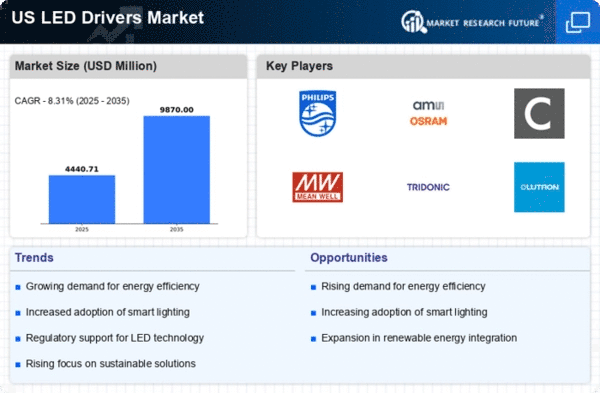
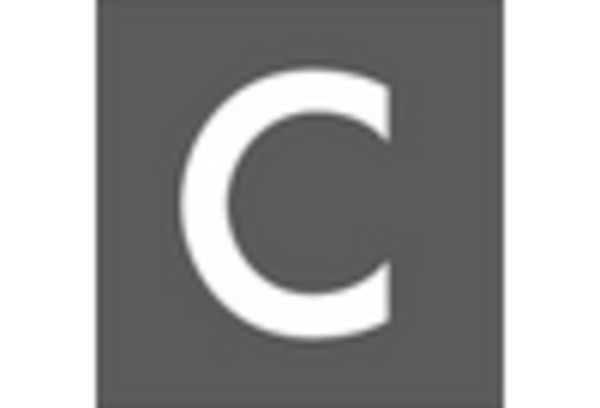
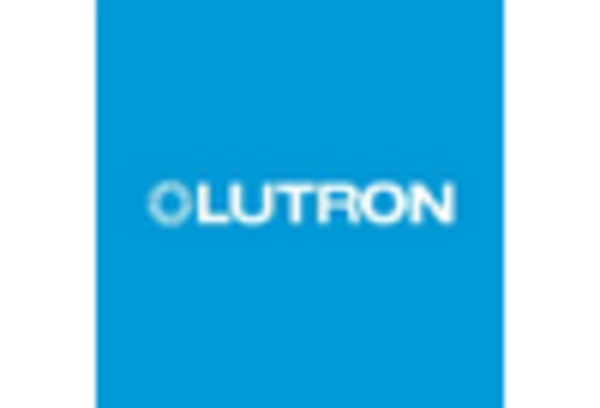
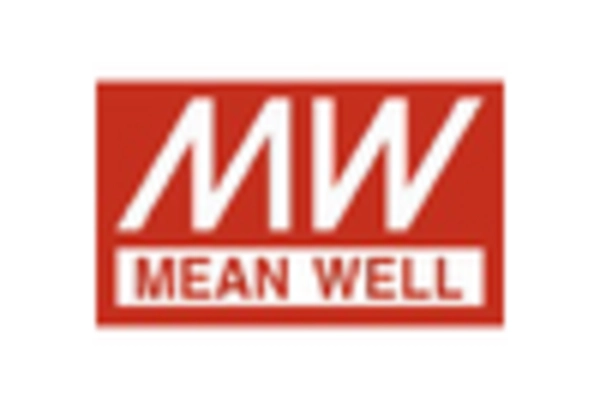
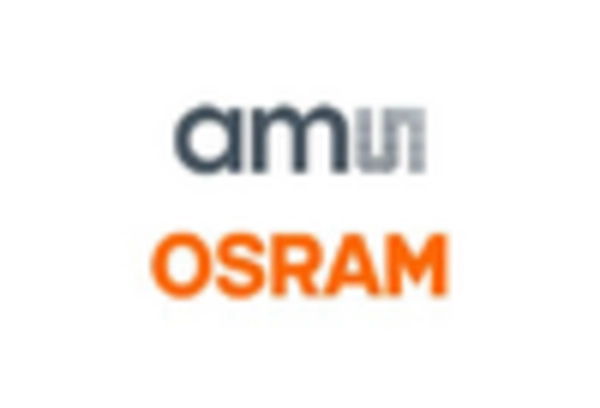

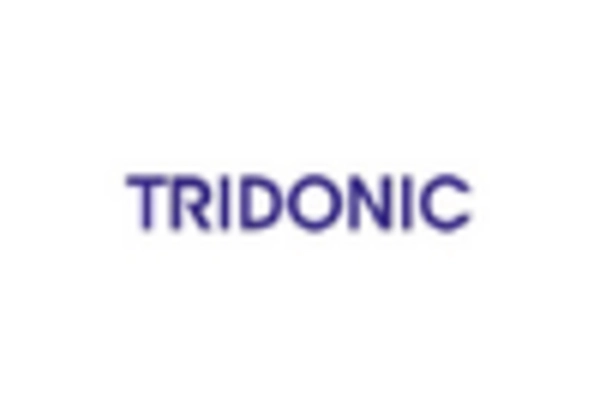








Leave a Comment